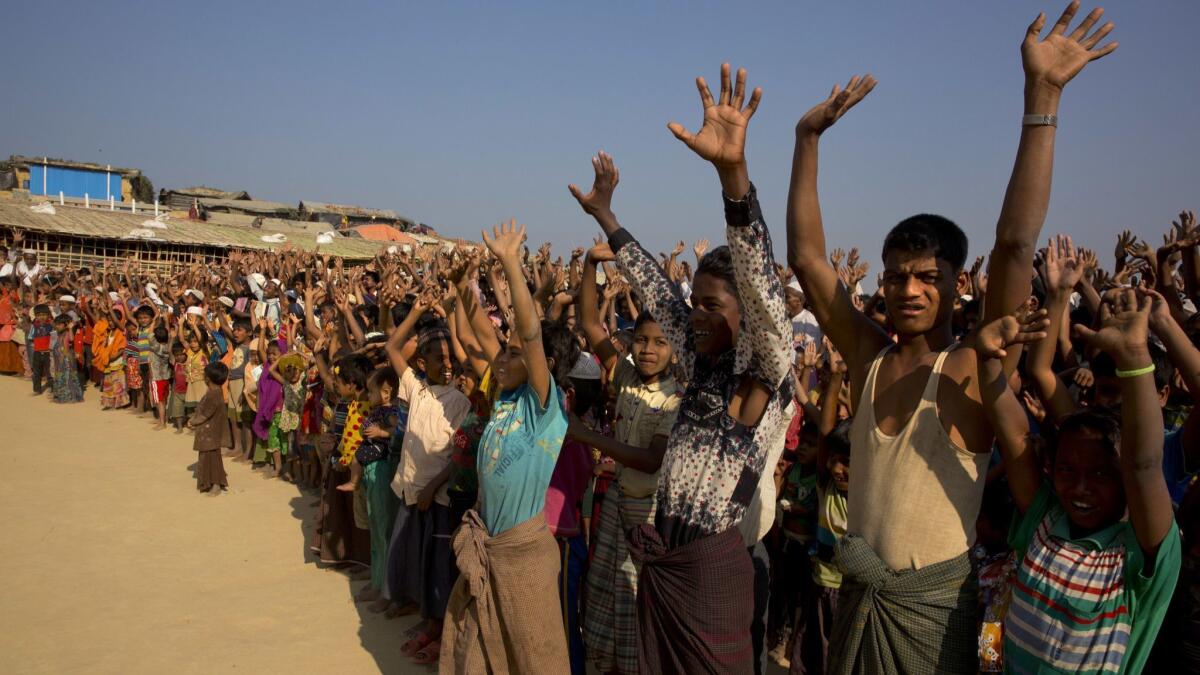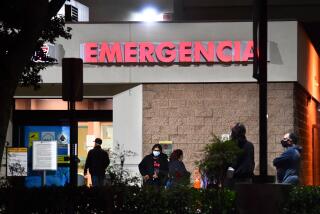Readers React: How Rohingya rape survivors in Bangladesh are gaining access to reproductive care

- Share via
To the editor: The article, “‘I didn’t want this baby’: Rohingya rape survivors face a harrowing choice,” describes the plight of many women living in refugee camps in Bangladesh and the harsh realities rape survivors face.
Although the article referred to women trying to end a pregnancy with harmful methods, it did not mention that safe abortion services — referred to as menstrual regulation, which is legal in Bangladesh — and post-abortion care are available.
Ipas in Bangladesh is working to improve access to reproductive health services. With support from the government, we have trained more than 75 health providers and established services at more than 30 facilities within the camps and for many refugees living outside the camps. After a short training program, doctors, paramedics and midwives know how to provide menstrual regulation and post-abortion services.
The need is great. Ipas will continue to increase these services so that all Rohingya refugee women can get the reproductive health services they need, including menstrual regulation.
Anu Kumar, Chapel Hill, N.C.
The writer is president and chief executive of Ipas, an international women’s reproductive health and rights organization.
Follow the Opinion section on Twitter @latimesopinion and Facebook
More to Read
A cure for the common opinion
Get thought-provoking perspectives with our weekly newsletter.
You may occasionally receive promotional content from the Los Angeles Times.










